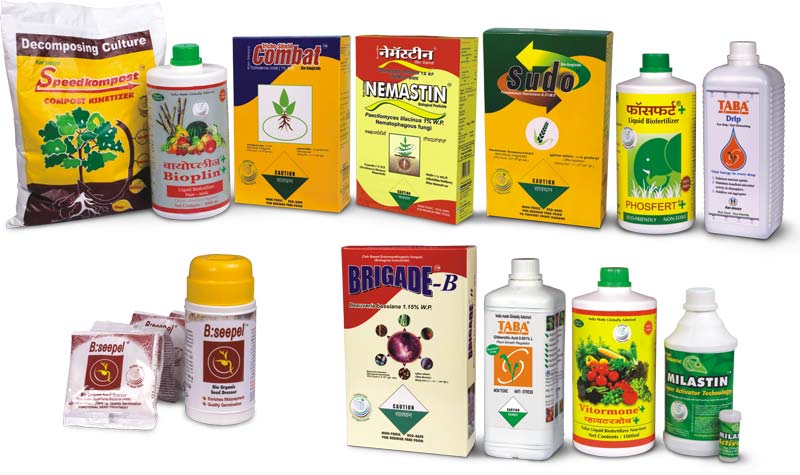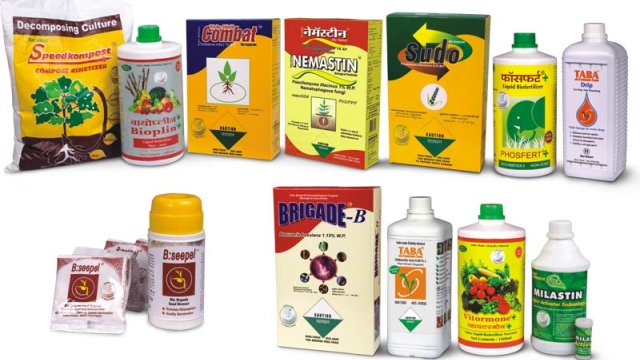Kellogg Garden Products has been at the forefront of providing top-quality organic soil and fertilizer for years. As a family-owned and operated company, our roots run deep and span four generations. With a commitment to sustainability and the environment, we have made it our mission to unleash the power of organic soil and fertilizer, helping gardeners and farmers grow healthier, more nourishing plants. In this article, we will explore the benefits and importance of organic soil and fertilizer, shedding light on how they can transform your garden and make a positive impact on the planet. So let’s dive in and discover the dynamic duo that is organic soil and fertilizer!
Benefits of Organic Soil
Organic soil is a game-changer for gardeners and farmers alike. Its numerous benefits can transform your plants and crops, leading to healthier and more productive yields. Here, we’ll delve into the advantages of using organic soil, and why it’s an essential component for successful gardening.
-
Nutrient-rich: One of the key benefits of organic soil is its abundance of nutrients. Unlike synthetic or chemical-based soil, organic soil is packed with natural minerals and elements that nourish plants from root to tip. These nutrients, including nitrogen, phosphorus, and potassium, are derived from organic matter, such as decomposed plants and animal waste. By using organic soil, you ensure that your plants receive a steady supply of vital nutrients, promoting their growth and overall health.
-
Improved soil structure: Organic soil has a remarkable ability to improve soil structure. Its composition encourages the formation of beneficial aggregates, which are small clusters of soil particles. These aggregates create channels for air and water to penetrate the soil, enhancing root development and nutrient absorption. By cultivating organic soil, you can create a thriving environment for your plants’ roots, allowing them to establish strong and healthy foundations.
- Importance Of Organic Fertilizer
Enhanced water retention: Another advantage of organic soil is its superior water-retaining capacity. The organic matter present in the soil acts like a sponge, absorbing and holding moisture for longer periods. This prevents water from quickly draining away, giving plant roots sufficient time to absorb the moisture they need. As a result, plants in organic soil experience less water stress and are better equipped to withstand drought conditions.
By harnessing the power of organic soil, you can unlock the full potential of your garden or farm. Its nutrient-rich composition, improved soil structure, and enhanced water retention capabilities are just a few of the many benefits it offers. Whether you’re growing flowering plants, vegetables, or even fruit trees, organic soil is your secret weapon for achieving thriving and flourishing greenery.
Advantages of Organic Fertilizer
Organic fertilizer offers numerous benefits for promoting healthy soil and vibrant plant growth. In this section, we will explore some of the advantages that come with using organic fertilizers.
Firstly, organic fertilizers provide a more sustainable and environmentally friendly approach to feeding your plants. Unlike synthetic fertilizers, which are derived from non-renewable resources and often contain harmful chemicals, organic fertilizers are made from natural sources such as compost, animal manure, and plant residues. By opting for organic fertilizers, you not only support the health of your plants but also contribute to the overall well-being of our planet.
Secondly, organic fertilizers work in harmony with the soil ecosystem. They enhance the soil structure by improving its water-holding capacity, aeration, and drainage. This, in turn, creates an optimal environment for beneficial microorganisms, earthworms, and other soil-dwelling organisms, which play a crucial role in breaking down organic matter and releasing essential nutrients to plants. By nourishing the soil, organic fertilizers promote long-term soil fertility and resilience.
Lastly, organic fertilizers release nutrients slowly and steadily over time. Unlike synthetic fertilizers that often provide a quick burst of nutrients but can lead to nutrient leaching and runoff, organic fertilizers release nutrients gradually, ensuring a more balanced and sustained nutrient supply. This slow-release mechanism not only minimizes the risk of nutrient imbalances and wastage but also reduces the need for frequent reapplications, saving you time and money in the long run.
In conclusion, the advantages of organic fertilizers extend beyond plant nutrition. Choosing organic fertilizers supports sustainable agriculture practices, improves soil health, and promotes a more balanced and long-lasting supply of nutrients for your plants. By embracing the power of organic soil and fertilizer, you can create a flourishing garden while also contributing to the well-being of our environment.
Kellogg Garden: A Legacy in Organic Gardening
Kellogg Garden Products has operated as a family-owned and operated company, with deep roots spanning four generations. With a strong commitment to organic gardening, Kellogg Garden has become a trusted name in the industry, offering a range of high-quality organic soil and fertilizer products.
Founded and nurtured by the Kellogg family, this company has been dedicated to promoting sustainable gardening practices. Their organic soil and fertilizer products are designed to provide the nutrients necessary for healthy plant growth while also being environmentally friendly.
Kellogg Garden’s organic soil products are created with a focus on enriching the soil naturally, ensuring that gardens thrive while maintaining a balanced ecosystem. These products are rich in organic matter, such as compost and aged wood fines, which improve soil structure and fertility. By using their organic soil, gardeners can rest assured that they are creating a foundation for healthy and vibrant plant growth.
Additionally, Kellogg Garden offers a wide range of organic fertilizers that provide essential nutrients to plants without relying on harmful chemicals. These fertilizers are made from natural sources, such as fish meal, bone meal, and poultry manure, which release nutrients slowly and promote long-term soil health. By using Kellogg Garden’s organic fertilizer products, gardeners can feed their plants while also taking care of the soil and the overall health of their gardens.
Kellogg Garden’s legacy in organic gardening is a testament to their dedication to sustainable practices and their commitment to helping gardeners create thriving and environmentally-friendly gardens. With their high-quality organic soil and fertilizer products, they continue to empower gardeners to unleash the full potential of their plants, while respecting and nurturing the natural world around us.






